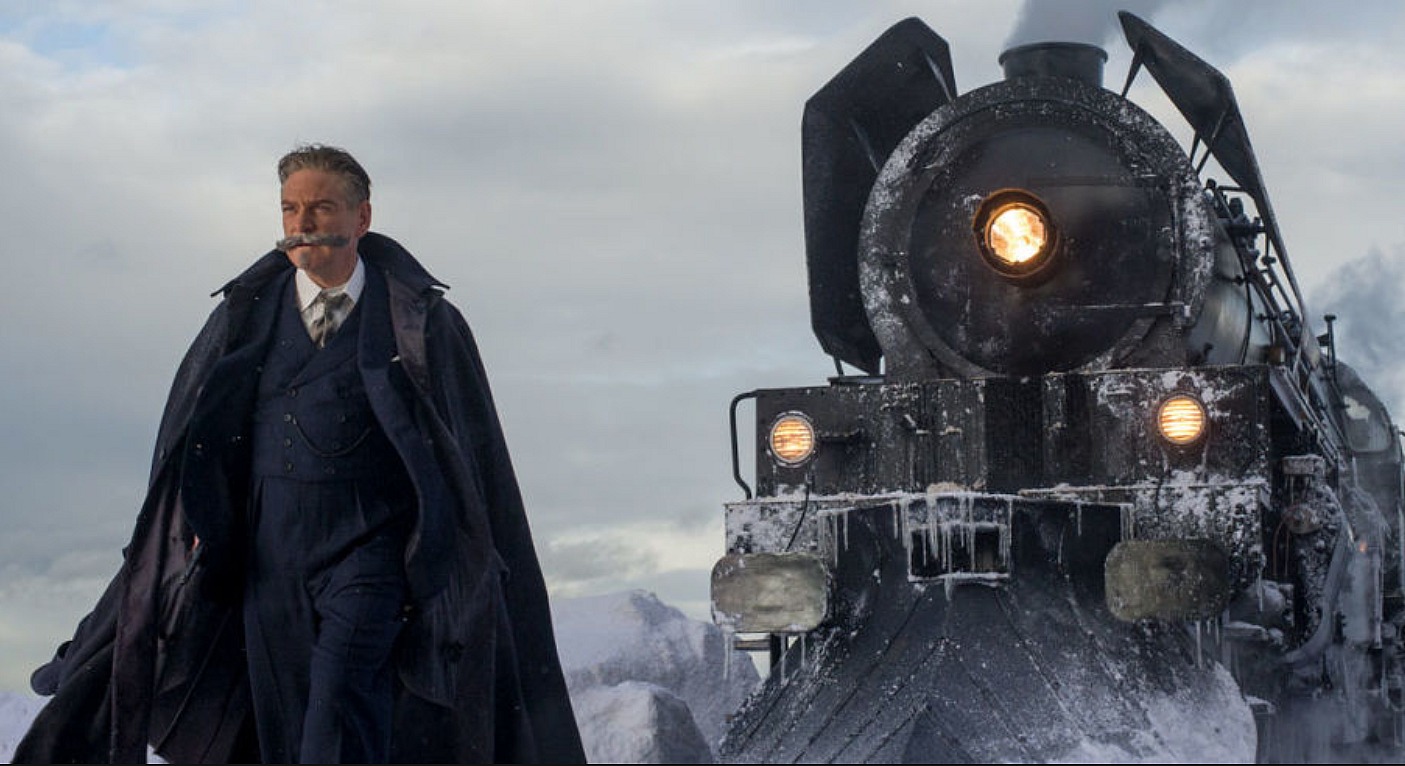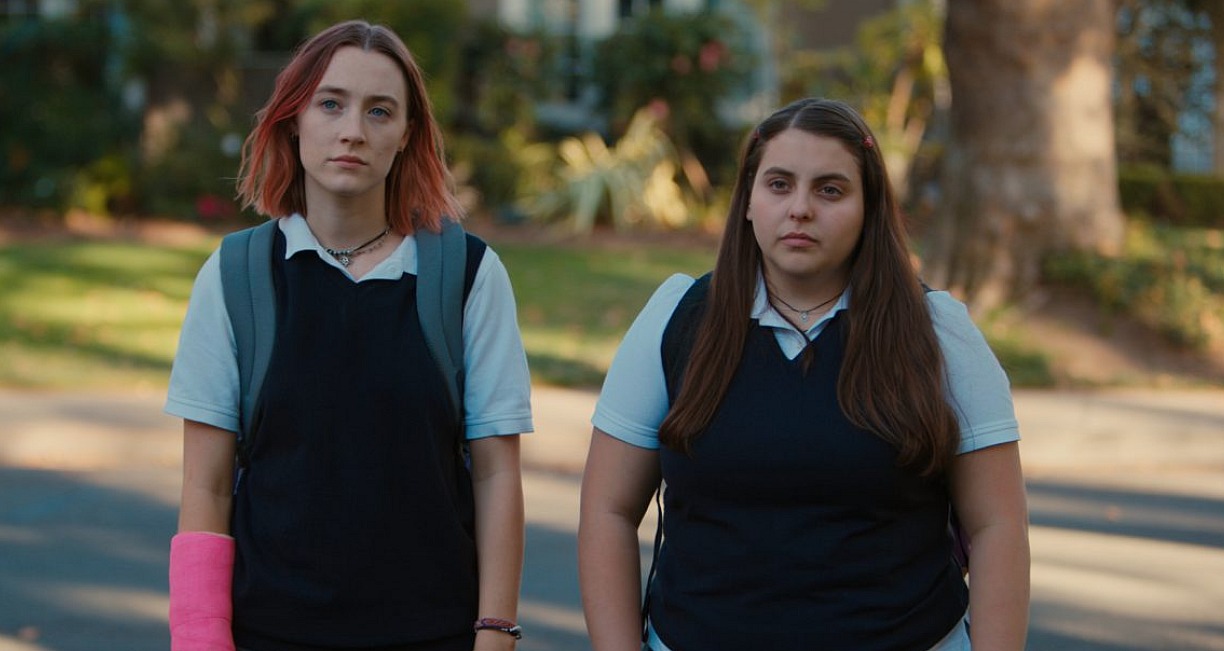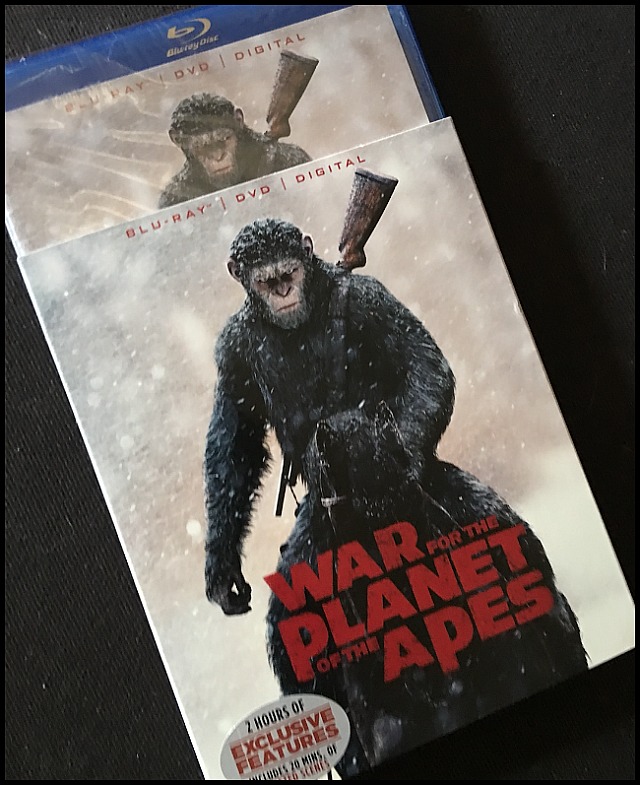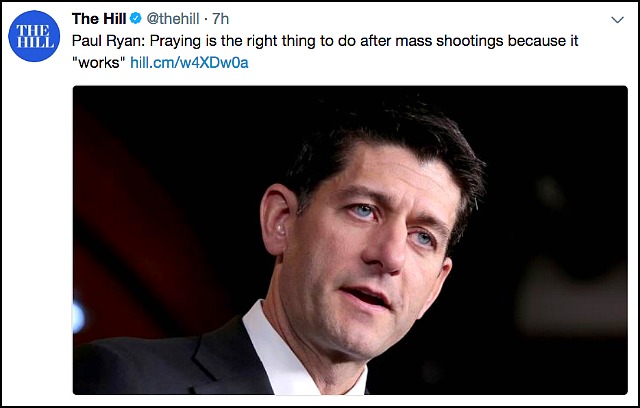
Month: November 2017
Kenneth Branagh’s The Train
The only thing I really loved about Kenneth Branagh‘s Murder on the Orient Express (20th Century Fox, 11.10) was the train itself. It’s an exquisitely designed and decorated pre-war thing — beautiful carpets and drapes, nicely upholstered dining-car seats, lamps of softly glowing amber, that wonderful dark-wood paneling and old-world bathroom fixtures and all the other trimmings, and that soft clackety sound of wheels meeting rails. So very comforting.
What I saw in the film was partly an actual moving train, partly a stationary outdoor set and partly (just guessing here) a sound-stage set constructed with real-world refinement. I’ve been queer all my life for classic European trains and that cocoon-y feeling of bygone luxury, and so hanging with Branagh’s Hercule Poirot and the dozen or so stiff-necked suspects was…well, pleasant enough.
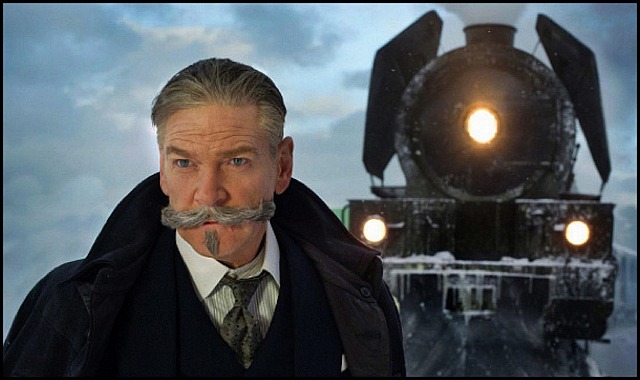
The rest of it felt…what, rote and pre-programed? I didn’t mind it. Well, I did but I tried to brush those feelings away. We all know where it’s heading and who did it so what kind of real satisfaction can be derived? It’s basically about drinking in the sets, the Middle Eastern and European scenery and thinking hard about Branagh’s ludicrous paste-on moustache, all curly and silvery and waxed to a fare-thee-well.
The only folks who will go this weekend will be the over-50 Joe and Jane Popcorn set, but that’s okay…right?
I don’t recall liking the 1974 Sidney Lumet version any better, but…wow, it was nominated for six Oscars?
Seriously, why did Branagh wear such an elaborate Poirot ‘stache when it’s obviously intended only to portray this celebrated fellow as an egoistic, self-inflating, dandified showoff? You look at it and start to imagine Poirot trimming and brushing and fixing it just so every morning, and being extra-careful to make it not look like some kind of doofusy silver handlebar. What does he do, devote an hour each morning and then re-wax and re-comb just before dinner?
The big opening scene in Jerusalem shows the charismatic Poirot announcing his conclusions about who killed a certain party to a crowd of 300 or 400 onlookers, like some kind of upscale circus barker. Why would a meticulous, world-renowned detective, a worldly man of refinement, want to simultaneously resolve a crime and put on a show for a mob? It’s a silly notion, but Branagh is determined to deliver a big visual wow effect for the ADD crowd. The scene happens only four or five minutes in, and I was already rolling my eyes.
Elton John’s “280 Character Freedom”
Twitter announced today that nearly all of its 330 million users will henceforth now be able to tweet with 280 characters. Only Twitter users who post in Japanese, Korean or Chinese are still restricted to 140 characters. Tatyana says she always enjoyed and admired the discipline of keeping things to 140 characters, and fears that 280 characters will result in too many people going “blah blah blah blah.”
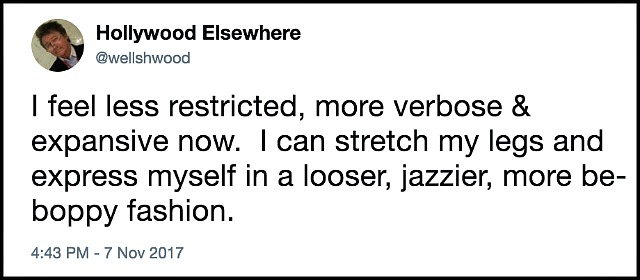
“I Saluted”
Every three or four years I’ll mention this scene from Ted Post‘s Go Tell The Spartans (’78). Easily one of the best monologues Burt Lancaster ever delivered in his 43-year career, and certainly the most memorable scene in this low-budget Vietnam drama, which was one of the Vietnam wave of films that came out that year (Coming Home, Rolling Thunder, The Boys From Company C). Lancaster’s tale echoes back to this story from screenwriter Ernest Lehman, a recollection of his work on Sweet Smell of Success.
Wow…That Didn’t Take Long
The backlash to Disney’s recent decision to ban the Los Angeles Times from press screenings of its movies has had a stunningly quick effect. Disney’s Bob Iger has ended his company’s anti-L.A. Times policy — critics and writers from that publication will now be invited to attend press screenings and lah-dee-lah-lah, and so it’s basically olly olly in come free and back to business as usual.
The Last Jedi will now be seen and talked and buzzed about, Rian Johnson is officially back on the list of potential Best Director nominees, and Coco is now back in play as a Best Animated Feature contender.
Posted at 11:35 pm: So far the N.Y. Times, two film-focused websites, two filmmakers and three critic-journalists have reportedly declared an intention to avoid screenings of Disney films and/or not write about same in any context or capacity — The A.V. Club and Flavorwire, and Washington Post pop-culture blogger Alyssa Rosenberg, Boston Globe critic Ty Burr and yours truly. Two directors, Ava Duvernay and Rod Lurie, have also pledged on social media to avoid Disney films. This is in response to Disney having locked out the L.A. Times from screenings of Disney films, including Star Wars: The Last Jedi.
Those four critics groups threatening to boycott Disney in terms of year-end critics awards isn’t a tough enough gesture to influence Disney decisively, especially considering that Star Wars: The Last Jedi is a critic-proof franchise installment aimed at Joe and Jane Popcorn. The only threat that has real teeth is critics declaring en masse that they won’t attend critics screenings or write about Disney films, period. Without the threat of that en masse response, Disney’s Bob Iger will just shrug this off.
Okay, Coco (Disney/Pixar, 11.22) might suffer in terms of Best Animated feature consideration if the critics blackball it award-wise, and maybe Beauty and the Beast could suffer also. But the only real pressure will come from critics declining to write about The Last Jedi.
11:57 am: N.Y. Times statement, released a few minutes ago: “The New York Times will not attend preview screenings of Disney films until access is restored to The Los Angeles Times. A powerful company punishing a news organization for a story they do not like is meant to have a chilling effect. This is a dangerous precedent and not at all in the public interest.”


Could Lady Bird “Go All The Way”?
For whatever reason Awards Daily‘s Sasha Stone has been less than full-hearted in her more-or-less positive postings about Greta Gerwig‘s Lady Bird. She likes and admires it but on a “yes but” basis. Something about Saoirse Ronan‘s precocious lead character seeming less than fully charming, at least in Sasha’s eyes. So it’s significant, I feel, that she wrote the following a couple of days ago:
“If anything, it seems likely that Greta Gerwig will make the [Best Director] cut because Lady Bird is the type of movie old white dudes really really like. It’s a very good film and deserving of awards, but if we’re talking about a 70% white, male, middle-aged Academy we have to think about what movies directed by women those voters respond to, and they are responding to this one.”
For what it’s worth, I was feeling this old-white-dude ardor following an Academy screening of Lady Bird at the London West Hollywood last weekend.
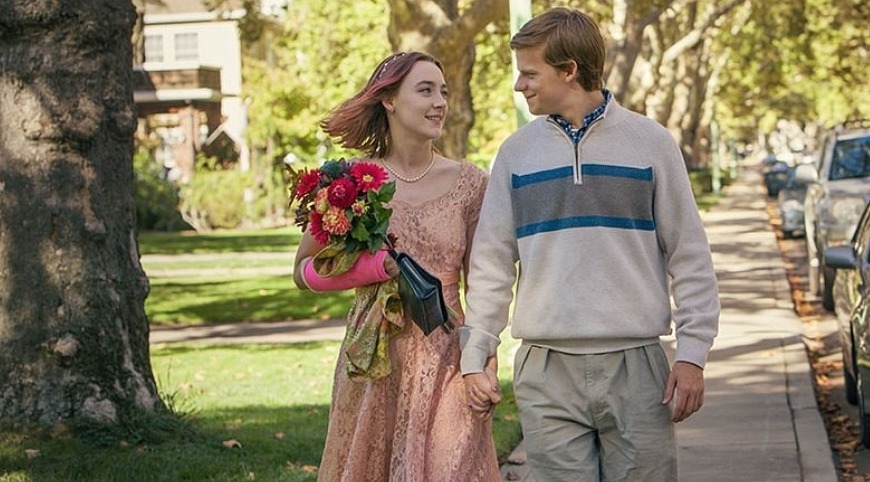
Saoirse Ronan, Lucas Hedges in Greta Gerwig’s Lady Bird.
“Women directors this year made Mudbound, Detroit, Battle of the Sexes and The Beguiled, but none of those seem to have captured the same sort of energy and buzz as Lady Bird,” Stone continues. “They are all pretty heavy movies with heavy themes. Some have been deemed too controversial to go for, and the others, at least so far, haven’t found any sort of major momentum. So if you’re going to pick a woman out of the crowded field of women this year for a Best Director nomination — only the 5th in their 90 year history — the best bet is to go with Gerwig.
“For a film like Lady Bird, buzz and hype are really great things since it would ordinarily be difficult for this kind of film to break through. Right now, it looks like a green light. Whatever my own personal feelings about any movie, I must shove them aside and look at how everyone else feels about it.
“At this moment, believe it or not, I’m starting to wonder if Lady Bird might just win the whole thing. I know it seems improbable, but you have to wonder if a film like that can capture the momentum in a year where women have taken it on the chin everywhere — from politics to harassment to outright assault — and the nagging notion that they can’t catch up to men in the industry.
Star Wars Stand-Off Between Critics Orgs, Disney
Four major critics orgs — the Los Angeles Film Critics Association, the New York Film Critics Circle, the Boston Society of Film Critics and the National Society of Film Critics — have declared solidarity with the L.A. Times over the Walt Disney corporation’s recent decision to not screen its films for that daily’s reviewers and writers, and themselves will not nominate Disney films for any critics awards until the L.A. Times screening blackout is rescinded.
The critics org declaration dooms any remote chance that may have existed that Star Wars: The Last Jedi might be considered or even talked up as a Best Picture contender. Over the waterfall, out of mind.
The critics groups are not boycotting Last Jedi screenings as a group effort. That decision is up to individual journalist-critics. The critics orgs are simply deeming Disney films ineligible for their awards. And yet Star Wars: The Last Jedi is irrelevant to the New York Film Critics in this context because it won’t screen in time for their 11.30 voting date.


HE opinion: If critics really want to pressure Disney on the L.A. Times behalf, they should decline en masse to review Star Wars: The Last Jedi until this dispute is resolved.
In any event Rian Johnson‘s potential award portfolio is hereby black toast. At least for the time being.
“We jointly denounce the Walt Disney Company’s media blackout of the Los Angeles Times,” the four critics groups said in a statement released this morning. “Furthermore, all four critics’ organizations have voted to disqualify Disney’s films from year-end awards consideration until said blackout is publicly rescinded.”
Disney’s decision not to cooperate with the L.A. Times on a fall-holiday preview spread or otherwise screen Star Wars: The Last Jedi was announced on 11.3.
Disney did so in brute retaliation for a 9.24 L.A. Times article about Disney’s business dealings with the city of Anaheim.
Hollywood Elsewhere boldly joins at least some critics out there in respectfully declining to attend screenings of Star Wars: The Last Jedi until this matter is amicably resolved. That’ll show ’em.
Reagan Goes Down
Don Siegel‘s The Killers (’64) was shot for TV but then dumped in theatres when Universal execs realized it was too violent for home viewing. The flat, harsh lighting by Richard L. Rawlings is beyond ugly — no character or personality, everything awash in light. But Ronald Reagan does some decent acting in this, his final scene in his final film. That moment when he realizes he’s about to be shot by Lee Marvin, and then glances at the money he’s going to be shot for, and then seems to say to himself, “I’m dying for a bunch of paper?”
Half Resolute, Half Antsy
The Kevin Spacey factor has torpedoed a plan to screen Ridley Scott‘s All The Money In The World as the closing-night attraction at the forthcoming AFI Fest on 11.16, even though distributor Sony Pictures is sticking with the original 12.22 release date and not, as was rumored earlier today, planning to delay the opening until June 2018.
HE applauds Sony Pictures’ decision to hold its ground with the 12.22 debut but disagrees with the decision to yank it from the AFI Fest slot.
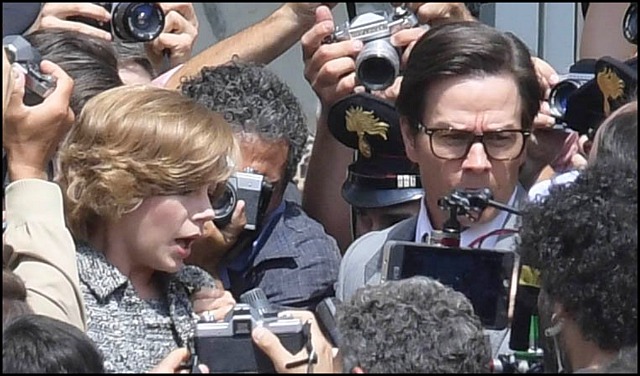
Michelle Williams, Mark Wahlberg in Ridley Scott’s All The Money In The World (Sony, 12.22).
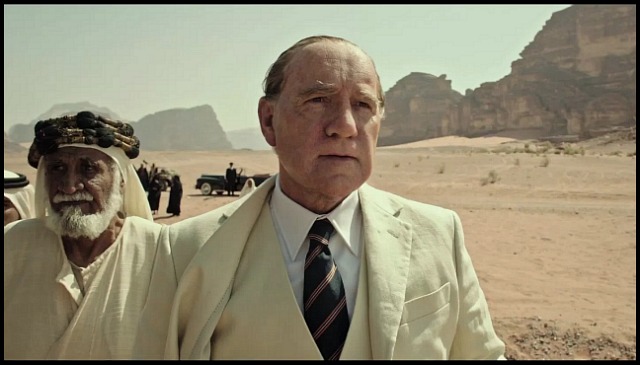
Kevin Spacey as J. Paul Getty.
The distributor said in a statement that “a film is not the work of one person…there are over 800 other actors, writers, artists, craftspeople and crew who worked tirelessly and ethically on this film, some for years, including one of cinema’s master directors…it would be a gross injustice to punish all of them for the wrongdoings of one supporting actor in the film. Accordingly, the film will open wide as planned on December 22.”
Yeah, but it’s necessary to deny these same tireless workers their one night of big-media glory at the AFI Fest.
Sony is saying, in effect, that they want to respect and honor the communal effort that All The Money In The World represents, but they feel that premiering the film at AFI Fest ten days from now is too soon.
Celebrating and promoting Scott’s film from late November until the 12.22 opening is cool. But celebrating and promoting it several days hence is a no–go because right now the radioactive Spacey cloud that’s hovering over Los Angeles is too gaseous and toxic.
What Sony really means is that an All The Money in the World premiere would offend the progressive Hollywood community and particularly the victims of sexual harassment and assault who wrote all of those “me too” statements. Not premiering it at AFI Fest is a gesture that says “this will hurt a bit commercially, but we understand and support the sea-change movement that’s happening right now and so we’re holding off on the closing-night thing.”
Shimmering Digital Monochrome
The best talking-head comment in Alexandre Philippe‘s 78/52, a detailed examination and celebration of the slasher shower scene in Alfred Hitchcock‘s Psycho, comes from director Peter Bogdanovich. Psycho opened at the DeMille theatre (B’way and 47th) on 6.16.60, and the fledgling journalist and soon-to-be MOMA film programmer was there for the first show. Bodganovich was 20 years old. After it ended he staggered out into the Times Square sunlight: “I felt as if I’d been raped.”
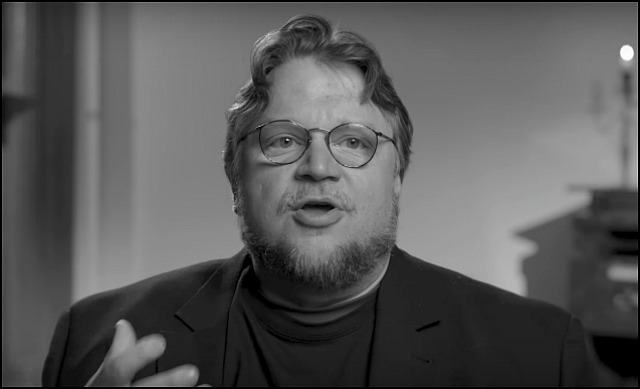
I was intrigued and diverted by 78/52 as far as it went. If you’re any kind of Hitchcock buff it’ll feel like mother’s milk. But the aspect that really got me was Robert Muratore’s black-and-white cinematography. The 91 minute doc was captured digitally so that classic, faintly grainy celluloid atmosphere is missing, but God, the silvery bath quality is magnificent.
HE to GDT (sent this morning): “Your thoughts about Hitchcock and Psycho deliver the usual insight and erudition, but that aside you look really great in this thing. The crisp, silvery black & white cinematography and the exquisite, just-so key lighting and the way it makes your eyes and hair glisten are major stand-outs.
“By the way, 78/52 was shot on some kind of ‘50s-era Bates Motel set, but where? At some out-of-the-way, non-pro location or one of the sound stages?”
The 78/52 interviewees include Bret Easton Ellis, Neil Marshall, Elijah Wood, Danny Elfman, Karyn Kusama, Apocalypse Now editor Walter Murch, Jamie Lee Curtis and Osgood Perkins (son of Anthony).
Melon Stabbings
If you prick up your ears you can hear Norman Bates‘ knife plunging into Janet Leigh (i.e., cantaloupes) during the Psycho shower-murder scene. Then again Bernard Herrmann‘s screaming violins so overwhelm the soundtrack I’ll bet the majority of viewers never noticed. (Isn’t there an extra on the Psycho Bluray that plays this scene without Herrmann’s music?) Incidentally: I’d love to post about Alexander O. Phillippe‘s film, but nobody from IFC Films’ Midnight has ever mentioned a screening or sent a link. Eff it — I just paid $4 and change to watch it on Amazon.

